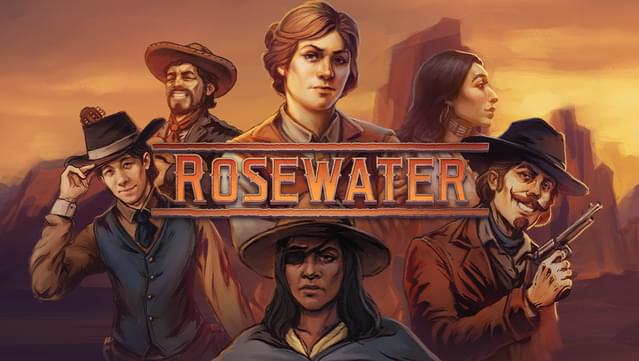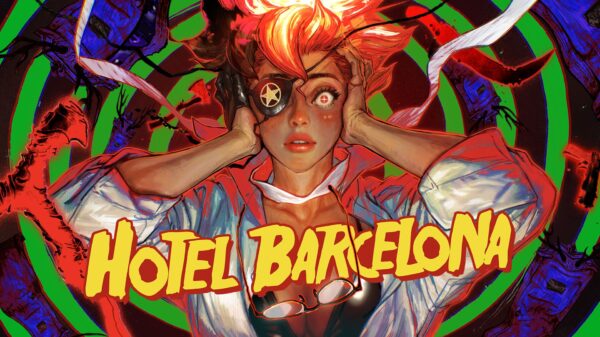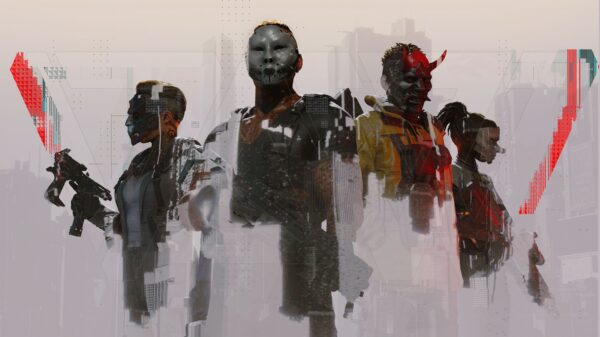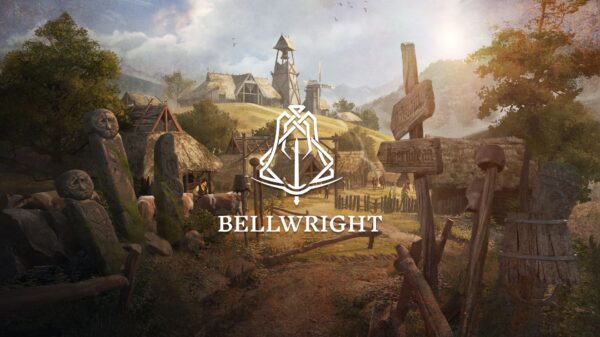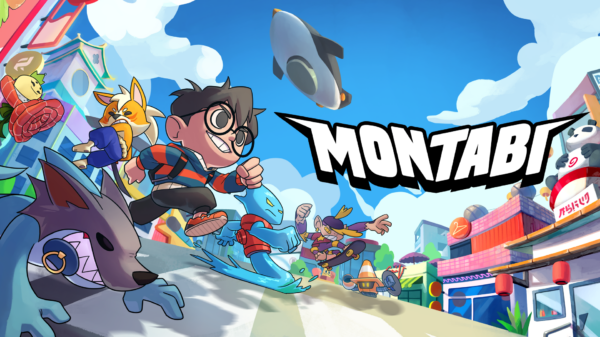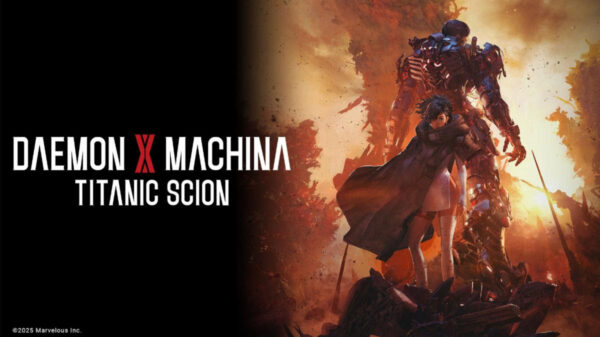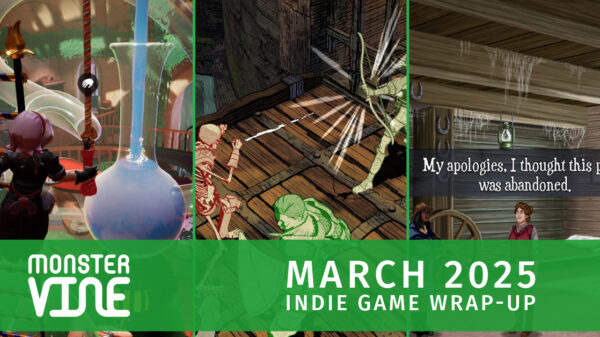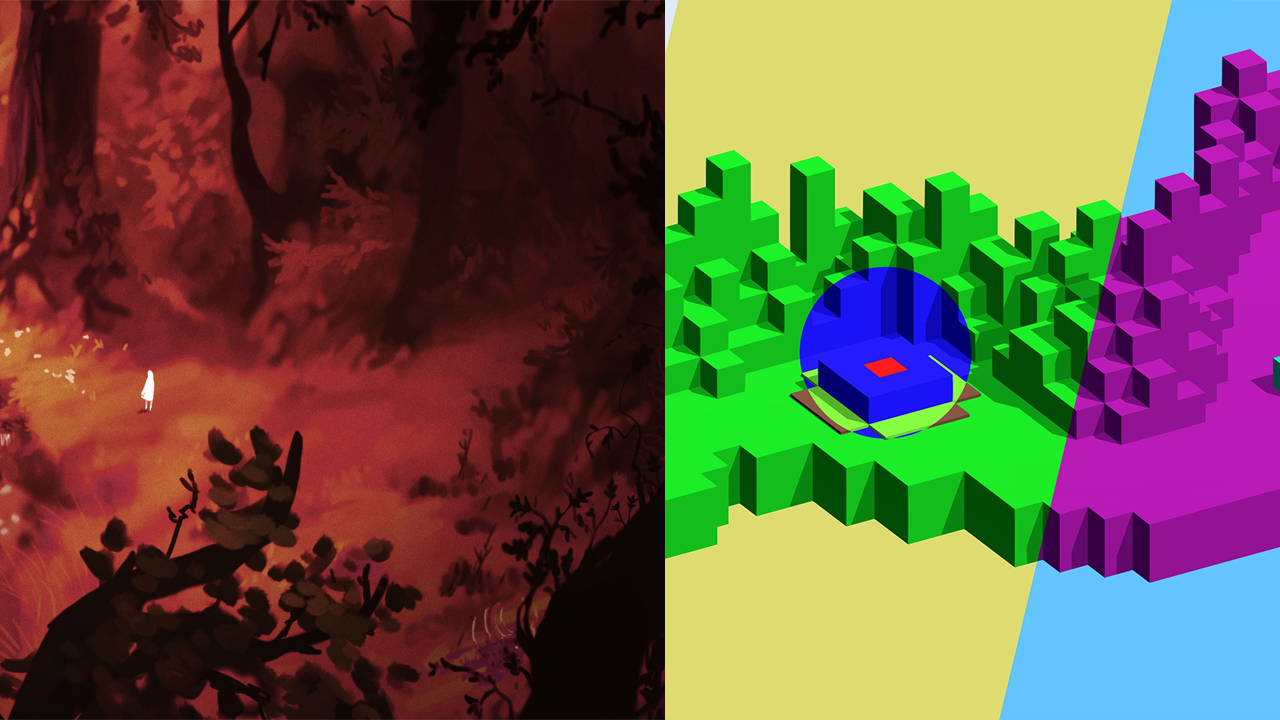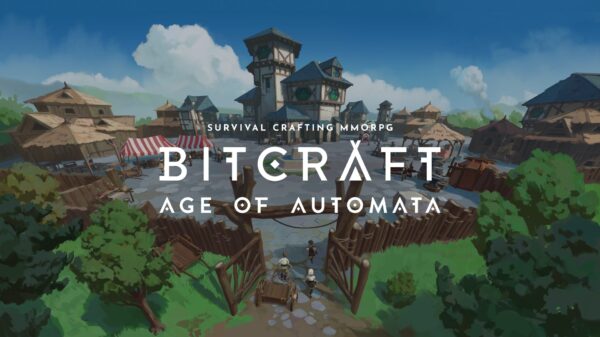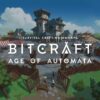While at GDC last week, I had the chance to play German studio ARTE’s two vastly different upcoming titles: Vectronom and The Wanderer: Frankenstein’s Creature. One has you bounce around to electronic Euro-beats, and the other has you thoughtfully wander through Mary Shelley’s horror classic as a monster whose very existence is viewed as sacrilege. Though the two titles are quite different, they both turned out to be incredibly enjoyable in their own respective ways.

Let’s start light with Vectronom, the cubic rhythm platformer. The premise is simple: you use the WASD keys to move a 3D cube along obstacle courses. The layout of these levels, and the colors of everything in the game, change with the beat of whatever track accompanies the level. You get extra points for moving to the beat of the song, and you have an unlimited number of lives/retries. These features encourage experimentation and a risky playstyle, which made all my time with Vectronom fast-paced and fun. It’s got great visuals, a perfectly fitting soundtrack, and challenging but exceptional level design. I can’t wait to play the full game when it launches on PC later this year, and I’d recommend keeping an eye on it if you find rhythm games to be your jam.
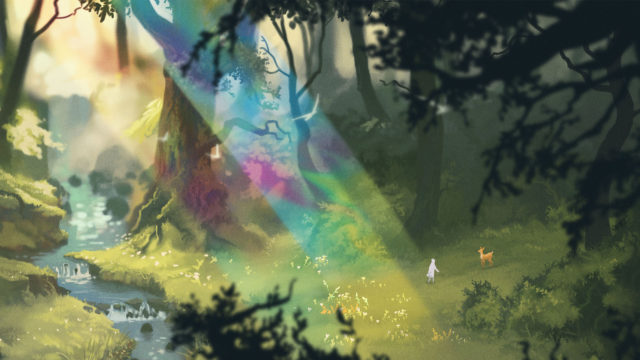
Next up is The Wanderer: Frankenstein’s Creature, based on the original Frankenstein novel, rather than any subsequent adaptations. That means no hulking green monster with bolts in his neck, and no Gene Wilder. Instead, you play as the truest form of Frankenstein’s monster: a towering pile of sewn-together body parts exhumed from the graves of the recently dead. Our demo at GDC began with the monster waking up in a forest shortly after being created. As a newborn, the monster has no understanding of, well, anything.
So by drinking water, eating meat, and observing nature, I slowly got to see more aspects of the world come into focus both visually and audibly, as the monster was getting a handle on his senses. It was an interesting idea and visually rather pleasant, largely thanks to the watercolor style that Wanderer has. While I only got a quick look at the first chapter of the game, I’m looking forward to seeing how Wanderer tackles the rest of the novel, as the original story has rarely been adapted in such a unique and interactive way.
And that’s what I saw from ARTE at GDC. Which game is more interesting to you? Leave a comment below, and stay tuned for more GDC coverage.

